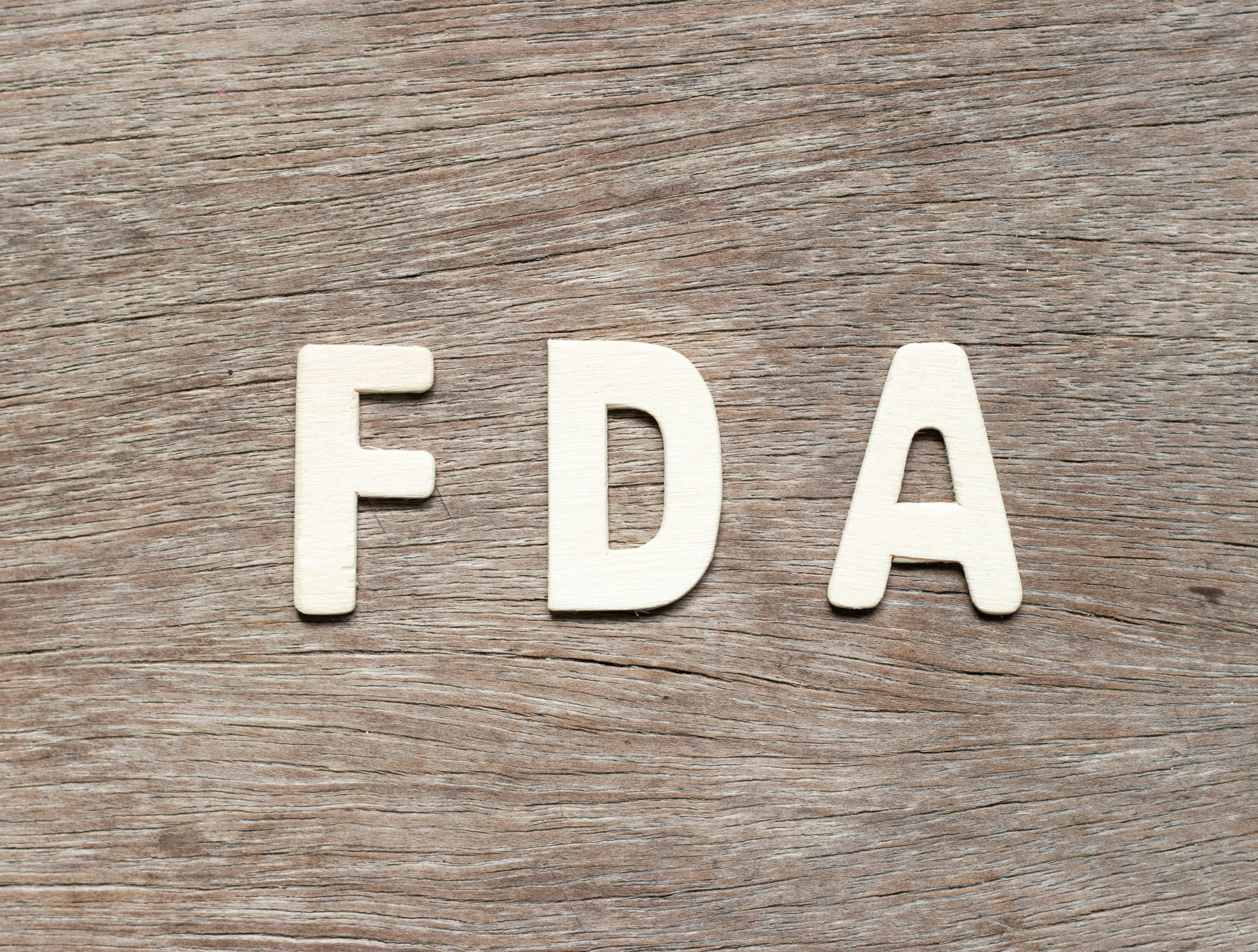Addiction and mental health disorders are often connected, and understanding mental health disorders is important to understanding and treating addiction. One such mental health issue is Bipolar Disorder.
Recognizing Bipolar Disorder
Bipolar Disorder is a term often used informally to describe a person whose attitude shifts from one extreme to another. An example of this is: “My mother is angry, then happy – she’s Bipolar.” Though people often think any shift in emotions is indicative of Bipolar Disorder, this is not the case. Bipolar Disorder is a serious mental health condition characterized by sudden and intense shifts in mood, behavior, and energy levels. The intense shifts (mania and depression) are accompanied by behaviors that can be dangerous to the individual including promiscuity, spending money one does not have, or making decisions that are inappropriate at that time such as selling a house or buying a car one does not need. The depression portion can include isolation, suicidal thoughts or attempts, and lack of self-care among other things. These are very different experiences than a person who is happy, then angry for example. Everyone can cycle through emotions on any given day, but a person with Bipolar Disorder has much more intense shifts generally involving mania and depression. A study of individuals with Bipolar Disorder conducted by the American Journal of Managed Care found that 56 percent of the study participants had experienced drug or alcohol addiction during their lifetime. Of that group, approximately 41 percent had abused or were addicted to drugs, and almost 46 percent had abused or were addicted to alcohol, which was the most commonly abused substance among those with Bipolar Disorder. Self-medicating with alcohol and drugs tends to be common among those with Bipolar Disorder because the symptoms they experience are difficult to manage. Those symptoms can include sleeplessness, anxiety, irritability, pain, and depression among many others and the substances used can offset these symptoms for a short time. However, although those with Bipolar Disorder tend to use substances to manage symptoms, substances can also worsen the symptoms. The National Institute of Mental Health notes that substance use can trigger the depressed or manic moods indicative of Bipolar. Additionally, according to the study conducted by the American Journal of Managed Care, substance use in individuals with Bipolar Disorder can lead to higher rates of mixed and rapid cycling, prolonged recovery time, more suicide attempts, and a higher prevalence of medical disorders such as liver disease.
Treatment For Bipolar Disorder
Both Bipolar Disorder and substance abuse can be treated. It’s important to see a psychiatrist and get an appropriate diagnosis as it’s possible that substance abuse has brought on symptoms similar to Bipolar Disorder. For example, a person who is using stimulants can appear manic. This means a diagnosis of Bipolar Disorder may not be appropriate as it’s the substances that are causing the symptoms rather than Bipolar Disorder. Because it is very important to work closely with professionals to confirm a proper diagnosis and treatment of both mental health disorders and addiction, Lakeview Health is a dual diagnosis treatment facility. When seeking treatment, having board-certified physicians and Master’s level or higher therapists ensures the patient is being thoroughly examined and treated properly as they start their journey to recovery.



